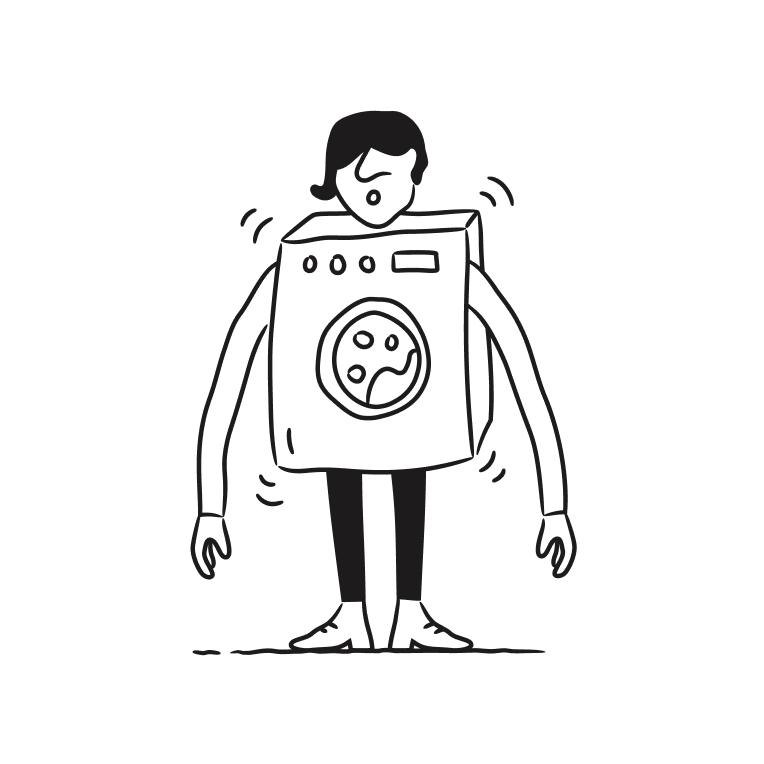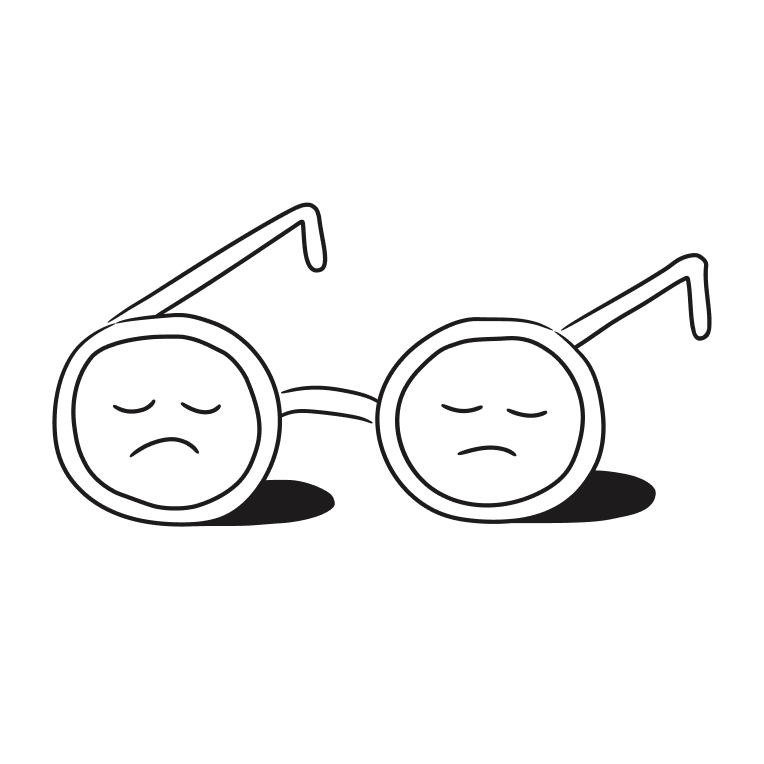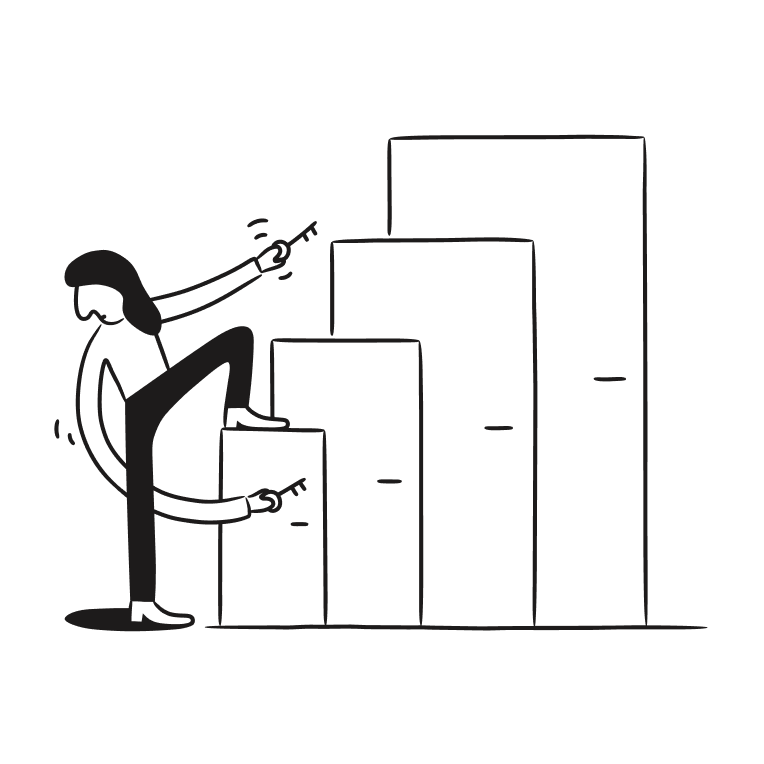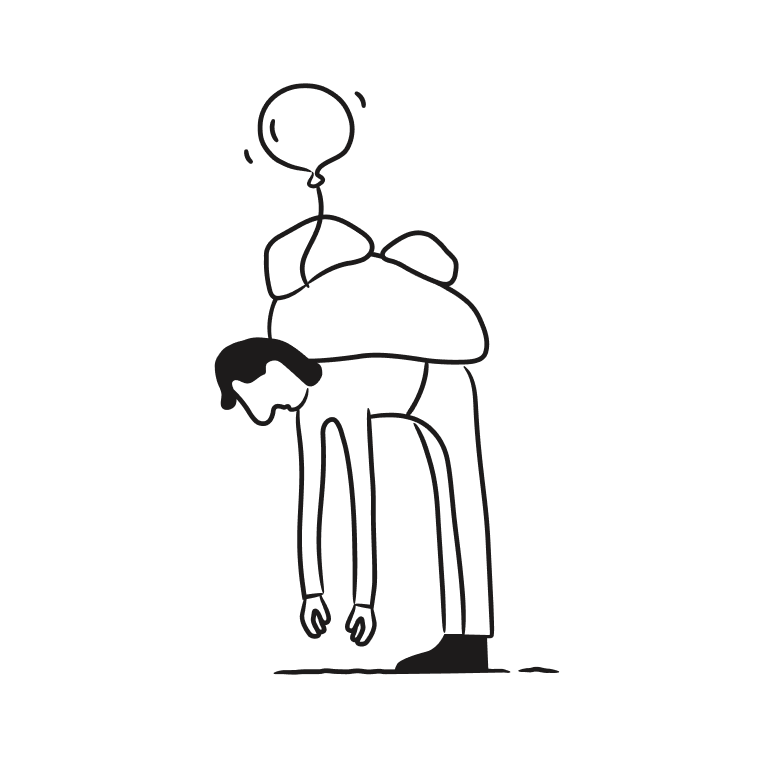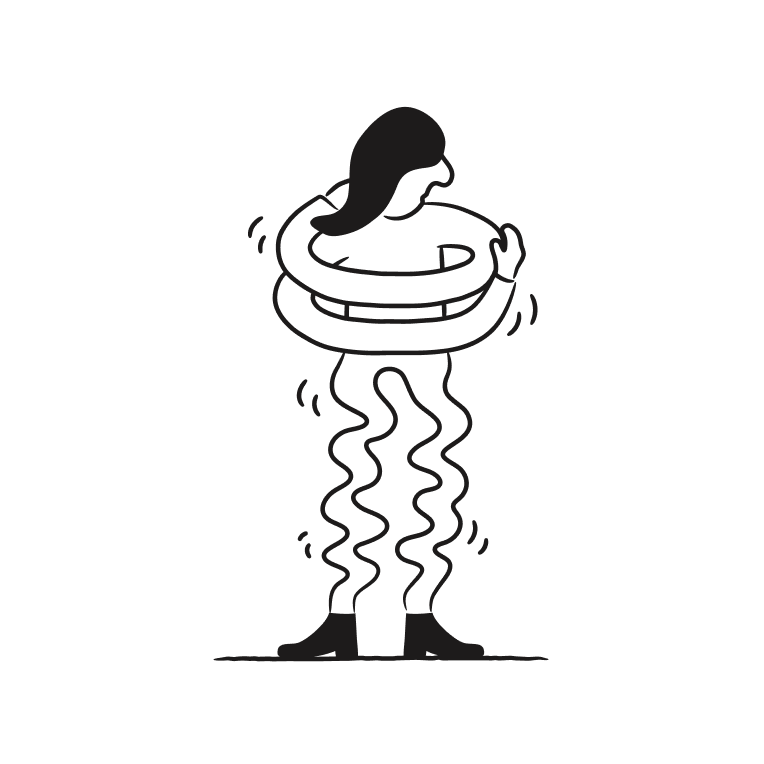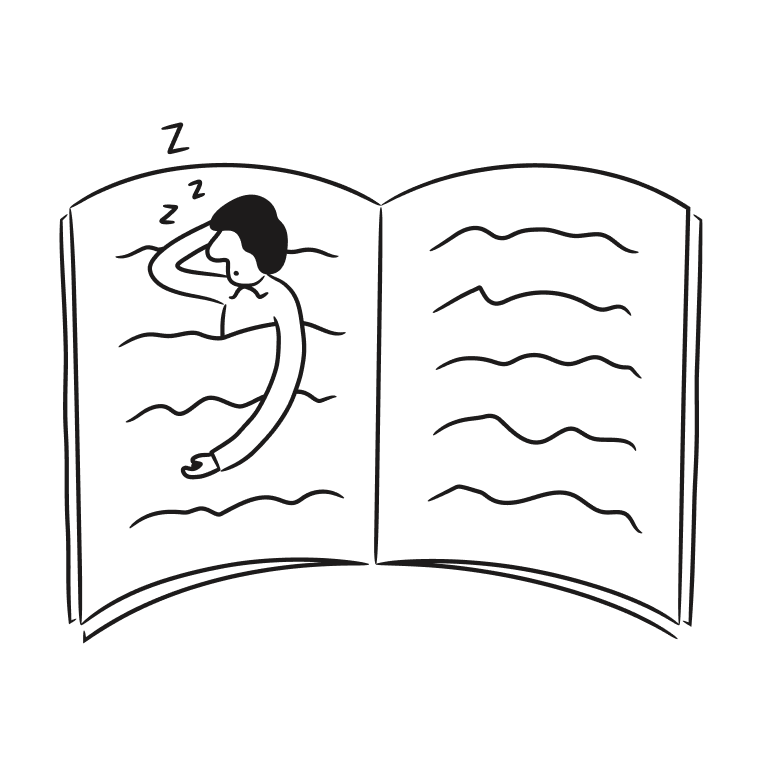Bipolar Disorder
Bipolar disorder (formerly known as manic depression), is a mental health condition involving episodes of low mood (depression) and high mood (mania or hypomania), these changes in mood, also called mood episodes, can often be extreme and feel overwhelming. Managing these feelings in daily life can be difficult and challenging.
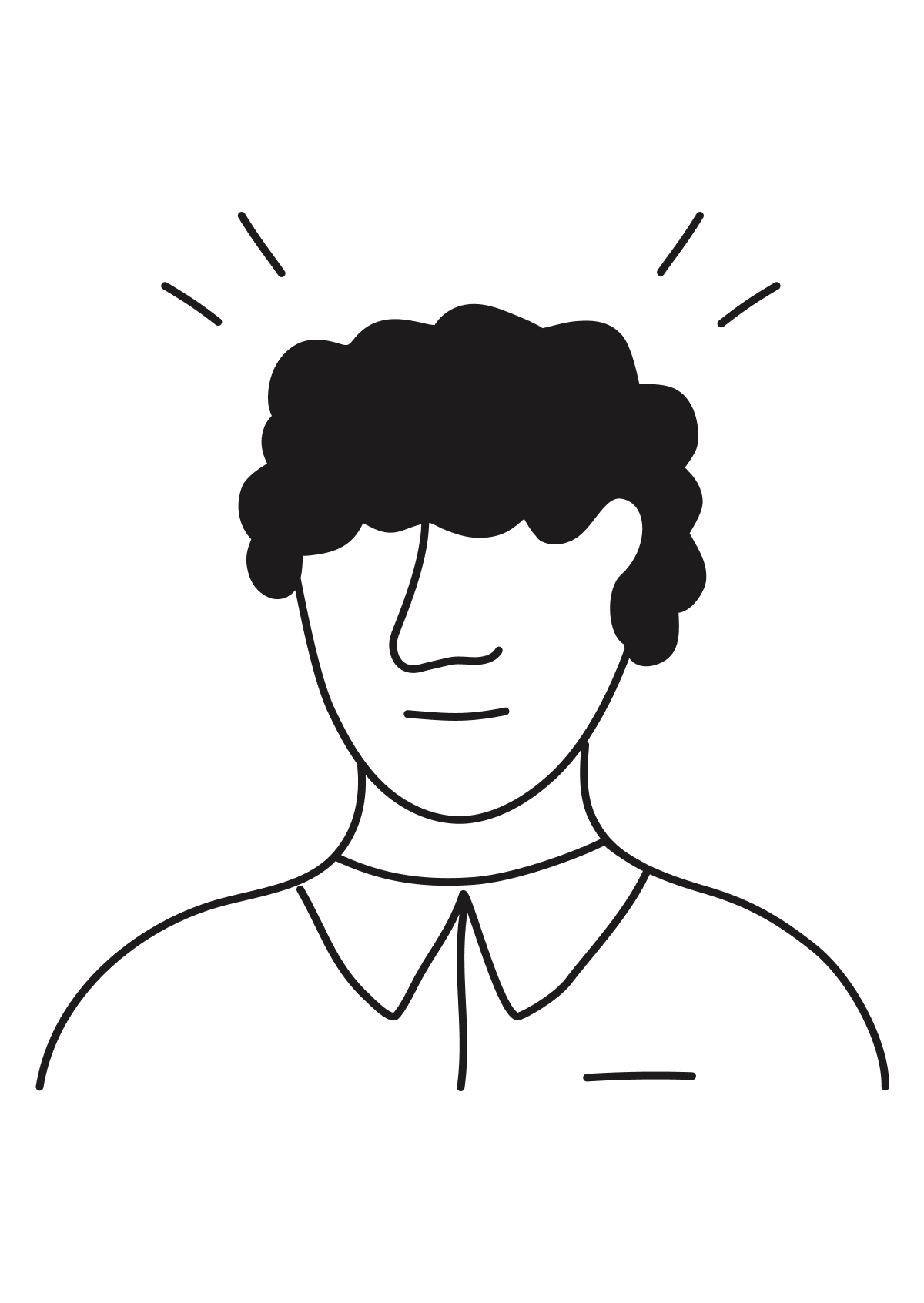

Is bipolar the same as depression?
No, bipolar disorder is different to depression. People with bipolar disorder will experience more extreme mood swings. It is often be accompanied with sleep problems, changes in appetite and difficulty concentrating. People with depression may experience fluctuations in their mood, with some days feeling better than others.
Things you can do to support yourself, or a loved one
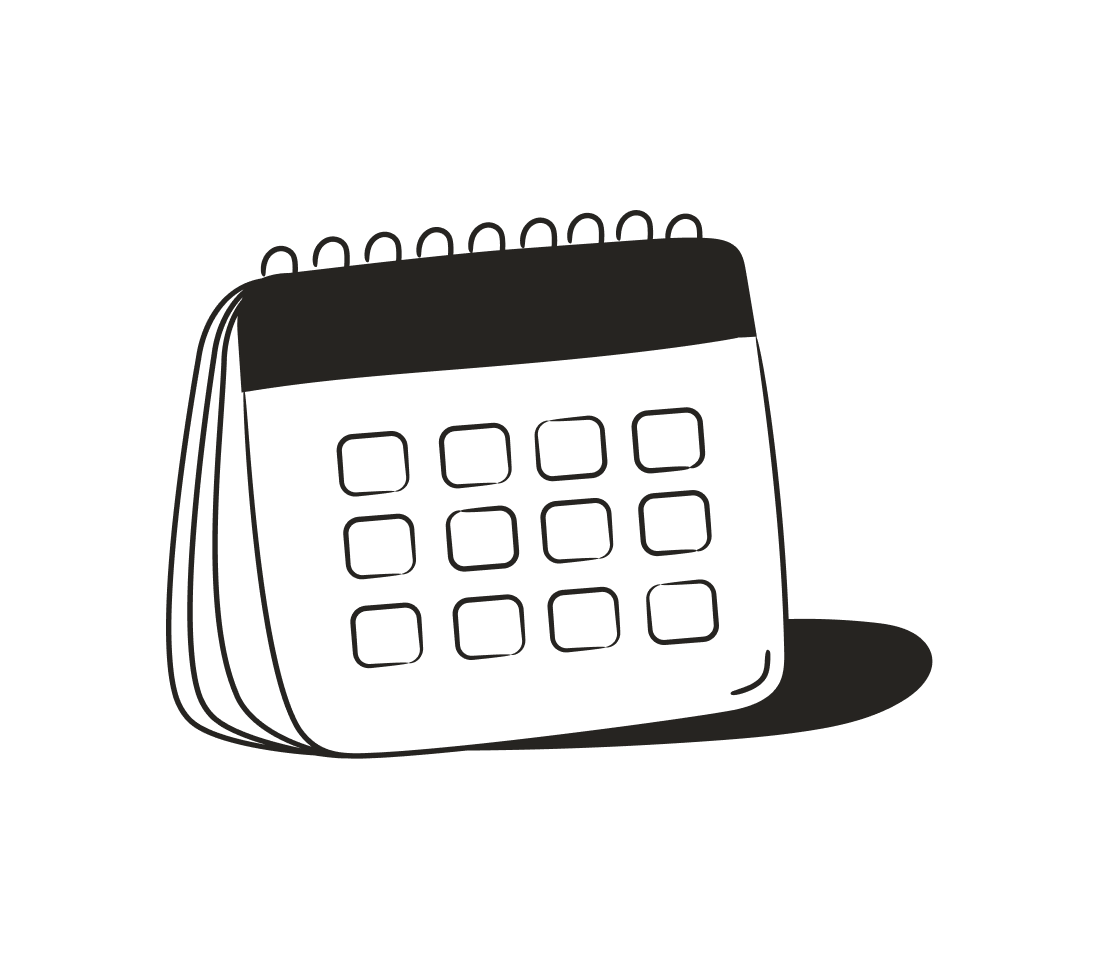
Establish a routine
It may be beneficial to setting yourself a routine for eating, taking medication, and going to bed every day - not to forget reserving a time to relax with friend and family.
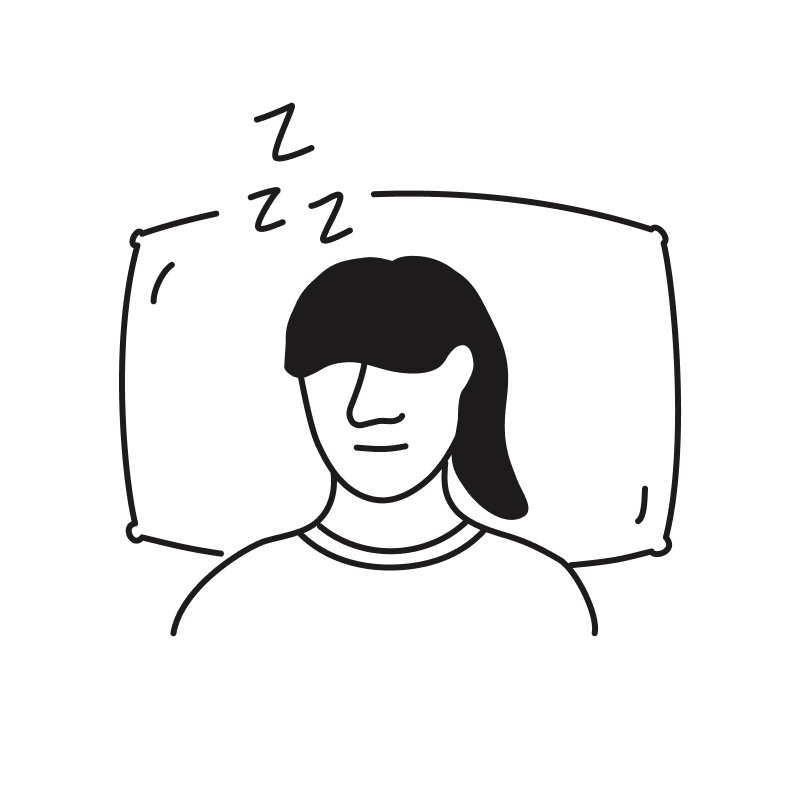
Get plenty of sleep
Establishing a regular sleep routine can help with sleep cycles. Create a soothing wind-down routine 30 mins before bed. Keep a journal by your bed to jot down any worries or rumination.

Stay active
Getting fresh air is a great mood booster and can help calm stress and anxiety levels. Choose something that you’ll enjoy and is suitable for your capability – whether it’s a bike ride or a gentle walk.
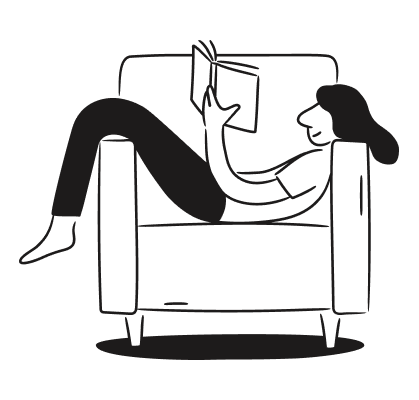
Keep a structured work pattern
Having a structured work schedule can really make a difference in managing stress. Remember to take regular breaks, as they can help refresh your mind and improve your overall well-being.
Getting Support
It can be challenging to navigate emotional changes of bipolar or depression, so it's important to seek support.
Speak to your GP first who will be able to assess you and either refer you to a psychiatrist for an assessment and diagnosis for bipolar, or recommend a suitable service who can offer a range of talking therapies to support you for symptoms of depression. Mindler (previously ieso) can treat symptoms of depression but does not diagnose or treat symptoms of bipolar disorder so its important to speak to your GP first.
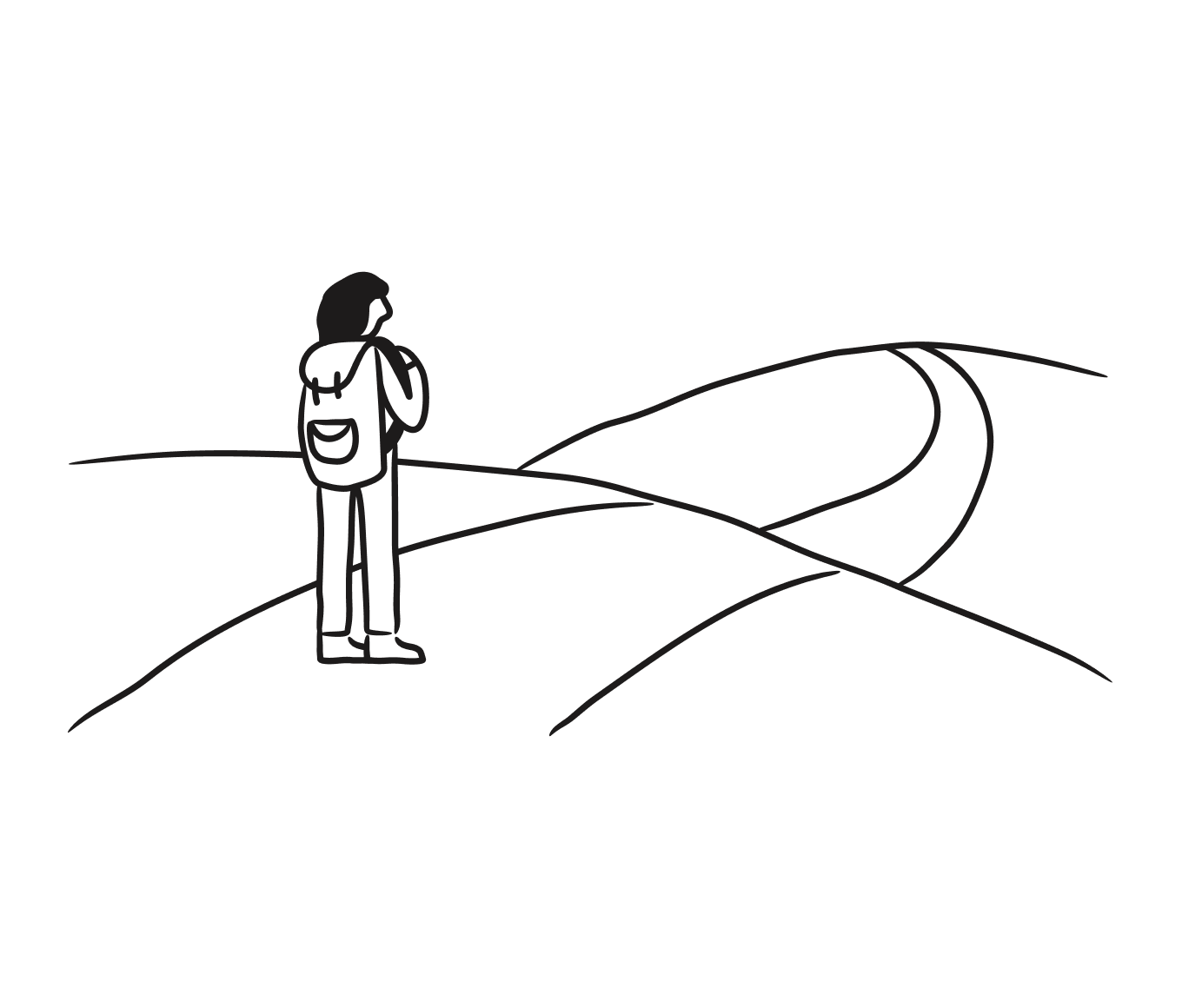
What we treat
From trouble sleeping to anxiety to depression, mental health conditions can affect many of us in different ways. Mindler clinicians treat a range of common mental health symptoms.
Where to get urgent help

Support is available if you or someone you know is having a mental health crisis or emergency, no matter what you're going through.
If you or someone you know is having a mental health crisis, you can get urgent support here
Or speak to your GP or a mental health professional. Let them know about the symptoms you’re experiencing, and they can support you with what help is available.


